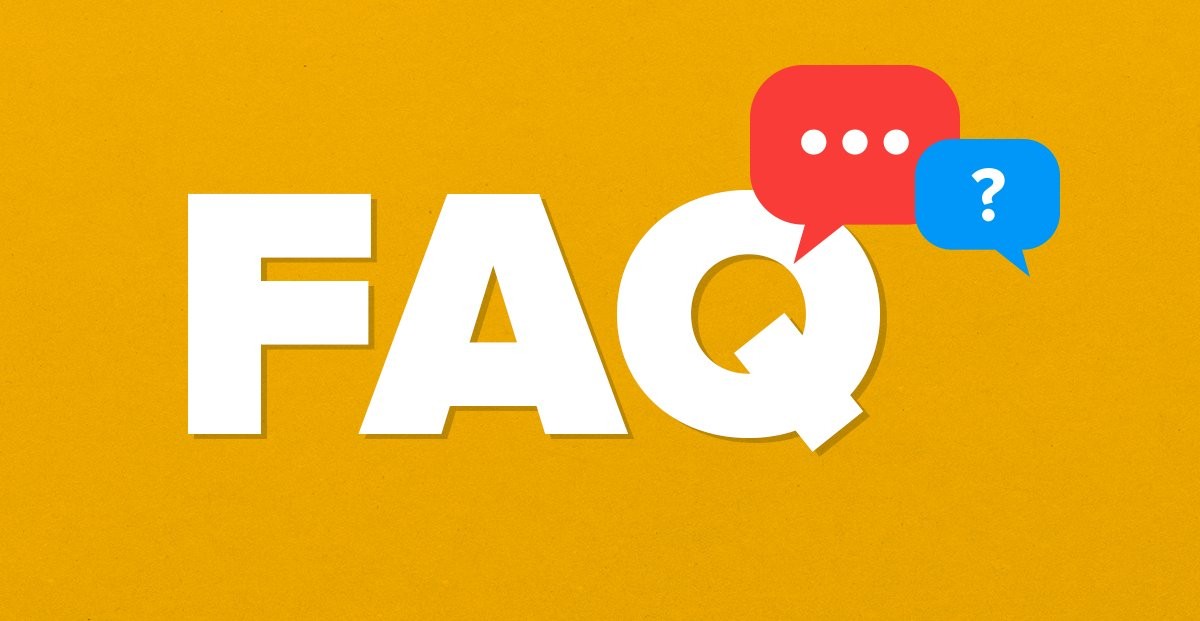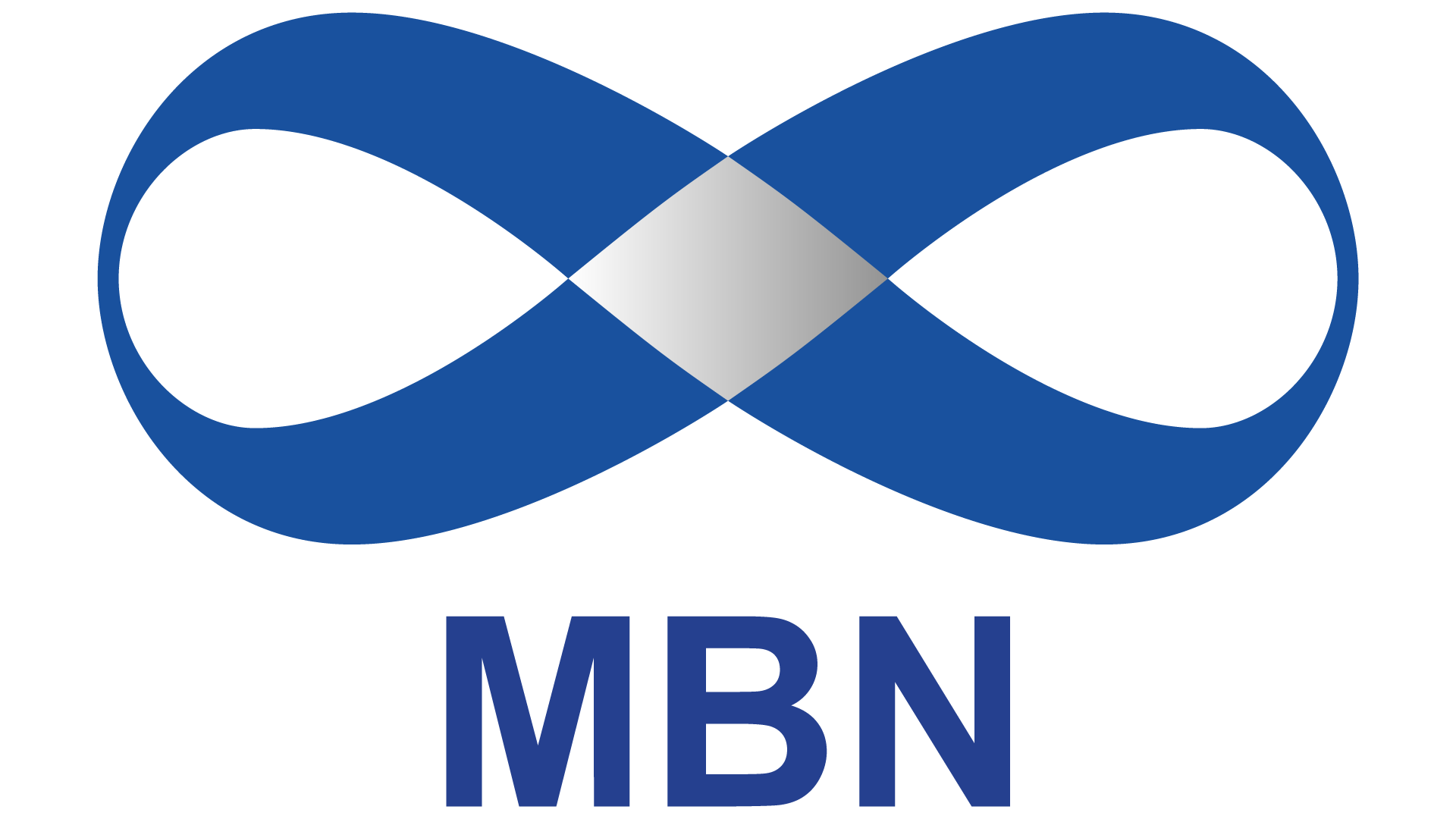
FAQs - Things to know before hiring a Virtual Assistant
2021-01-25 01:20:34 • Stelly Cango
How many times this week have you done something you should not be doing?
Menial tasks or something out of your skillset.
But you did that anyway because it needed to be done, and you do not have anyone else to do it.
You may have heard about "Virtual Assistants" also known as VAs. A VA can change your life, especially if you are a solo entrepreneur, a small business owner, or just a busy professional.
Hiring a Virtual Assistant for the first time can be very challenging as you do not know what to expect from this new collaboration and how to get organized working with someone in the virtual world, outside a shared space collaboration.
12 things you should know before making the step of getting a Virtual Assistant.
- What exactly does a Virtual Assistant do?
VAs offer an extensive range of services, more or less whatever you need them to do, depending on your preferences. From Calendar Management to Customer Service, to Project Management and your everyday admin tasks.
2. Who hires Virtual Assistants?
Predominantly small business owners and solo entrepreneurs, people who do not need to have an employee because they do not want the hassle and the associated costs but need help with ad-hoc or regular tasks.
3. How can a Virtual Assistant help my small business?
A VA can help your small business by completing essential and growth-centric tasks while also offering more cost and task flexibility than a traditional employee.
4. What skills should a VA have?
A VA should have excellent communication, organization, and learning skills so they will be able to understand and process requests with minimal explanation or instruction.
5. Why pay for an hourly Virtual Assistant service instead of a full-time assistant?
When you choose the services of an hourly Virtual assistant, you pay for the actual work done and not the time spent at the office. Why pay for a full-time employee when the actual administrative workload for a small business and entrepreneur is on average 10 to 15 hours a week.
6. What makes a good Virtual Assistant company?
A good Virtual Assistant company will not just match your needs for a perfect assistant, but will also provide the necessary communication tools and reporting transparency feature you need to delegate and track requests.
7. Is there a contractual commitment when hiring a Virtual Assistant?
There is no tight contract, only a service agreement to protect all parties involved. You are billed month to month and can stop using the services of the VA anytime you wish to.
8. How do I keep track of my hours?
Your VA will send you a daily, weekly, or monthly report depending on your request with the project assigned and the time taken to complete each task. You will also have access to a project management platform where you can add new tasks and see the status of the tasks, whether they are in progress, completed or pending.
9. How much does a Virtual Assistant charge and how do you pay?
A VA charges between MUR 200 to MUR 350 per hour, depending on the nature of the work. Full-time, project-based collaborations are charged a fixed negotiated rate for the whole project. An invoice is issued at the end of every month to be paid monthly in advance. The rate includes telephone cost, electricity, equipment and manpower.
You do not pay
- Sick and local leave
- End of year bonus
- Transport Costs
- Office space and Internet
- Furniture and Equipment
- Insurance
10. How do I get in touch with my assigned VA?
You are given a direct email, phone number and you can get in touch with your VA anytime you like.
11. What are the disadvantages of using a VA?
You do not get to see someone face to face and there is limited contact.
12. How do I find a Virtual Assistant?
Contact Your PA for a quote.
